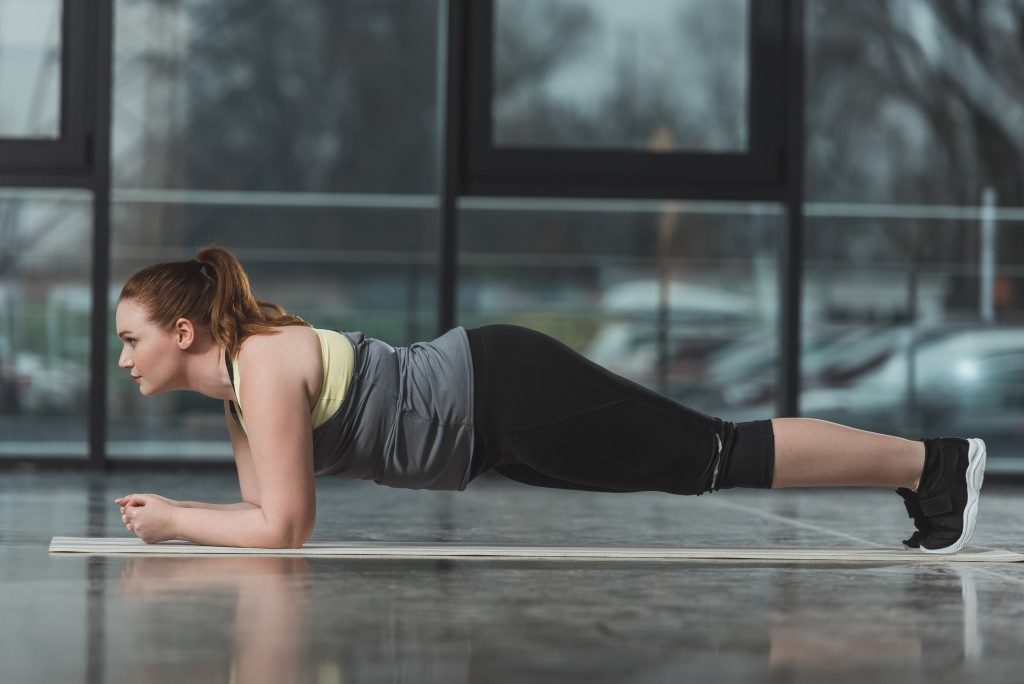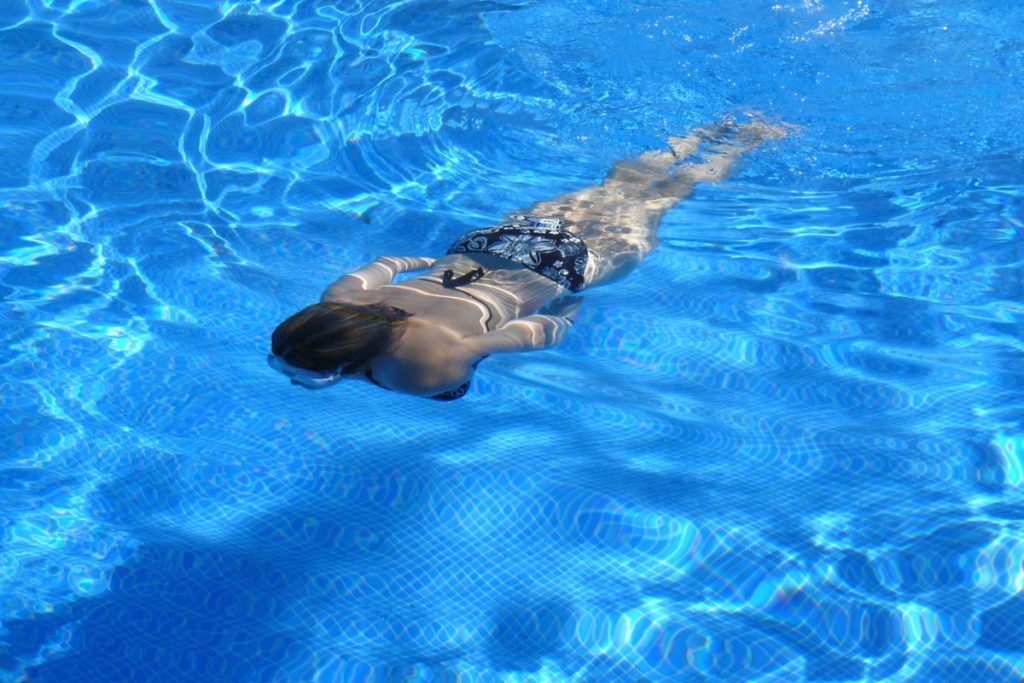• Sports and exercise can be adapted for people with bad eyesight, such as playing on a smaller court or using a larger ball.
• Alternatives to glasses can also help with vision problems, such as contact lenses and assistive technology.
• Socializing doesn’t have to mean going out at night or straining your eyes in dimly lit places—look for daytime activities.
• Online activities are also a great way to connect with family and friends from home.
• Learn new routes and habits that don’t involve relying on your vision.
Being active and social are two crucial parts of a healthy lifestyle. Unfortunately, vision problems can make participating in activities that involve seeing far away difficult. But it doesn’t have to be that way. Here are plenty of ways to stay active and social, even if you have impaired vision.
Stay Active with Sports and Exercise
Sports and exercise don’t have to take a backseat just because you have poor vision. There are lots of options for people with bad eyesight who still want to stay active. Here are some examples:
Tennis
Tennis can easily be adapted for people with bad eyesight by playing on a smaller court (or even indoors!). You can also use a larger, lower-pressure ball to make it easier to see and hit.
Low-impact Exercises
You can also try low-impact exercises like swimming or walking, which don’t require good vision but will still give you an effective workout. You can even combine these activities with friends or family members to make them more social and fun.
Pilates & Yoga
Pilates is a great option for people with bad vision because it focuses on precision movements and balance instead of aerobic exercise. And there is a type of yoga called “eye yoga,” which specifically focuses on improving eye health. Plus, yoga studios usually offer gentle classes that can accommodate all levels of experience—and all levels of sight capabilities too.

Consider Alternative Solutions
For certain activities, you might want to consider alternative solutions. If wearing eyeglasses will hinder you from playing a sport, consider the following:
Contact Lenses
Contact lenses can be a great solution because they won’t fog up, obstruct your field of vision, or cause discomfort. However, it’s important to get a contact lens exam and make sure you get the ones that are right for you before using them as an alternative to glasses. This is usually done by your optometrist or ophthalmologist.
Assistive Technology
When it comes to sports and exercise, a lot of assistive technology on the market can help. From magnifiers to head-mounted cameras, you can find tools that can allow you to stay active without hindering your vision. There are even apps that can help you track your performance and progress.
Laser Eye Surgery
For people who are considering laser eye surgery, it’s important to consult with your doctor first. Laser eye surgery can improve vision and make it easier for you to engage in activities that involve seeing far away. However, the procedure isn’t suitable for everyone, so talk to your doctor about what would be best for you.
Be Social Without Straining Your Eyes
Socializing doesn’t need to mean going out at night or straining your eyes in dimly lit places. Instead, look for daytime activities like trivia nights at local restaurants or lunch dates with friends.
You can even find groups that organize outdoor hikes or walks during the day so you can enjoy the sunshine without worrying about the brightness hurting your eyesight. For instance, you can join online walking clubs that offer guided walks and virtual races. Or, if you’re feeling a bit more adventurous, you could try kayaking or paddle boarding during the day.
And don’t forget about online activities— platforms like Zoom provide a great way to connect with family and friends from the comfort of your home. You can even join online gaming communities or try your hand at virtual escape rooms.

Tips for Maintaining Independence
Giving up activities you used to enjoy can be difficult because of poor vision. But it doesn’t have to mean sacrificing your independence.
One of the most important things you can do is learn new routes and habits that don’t involve relying on your vision. For example, if you’re taking a walk in the park, learn the general layout of the area so that it becomes second nature to you. Or, if you’re going out for dinner with friends and family, plan the route from your house to the restaurant ahead of time and practice it a few times before you go.
It’s also important to seek support and resources if needed. Reach out to your local vision center or community organization for help with finding the right tools and activities that work for you. You can even join online forums where people with similar vision problems share tips and advice on staying active and independent.
Ultimately, having poor vision doesn’t mean you have to miss out on the fun and socializing that come with being active. With a bit of planning and creativity, you can find ways to stay active and social without straining your eyes. So don’t let vision problems hold you back—get out there and have a bit of fun.



